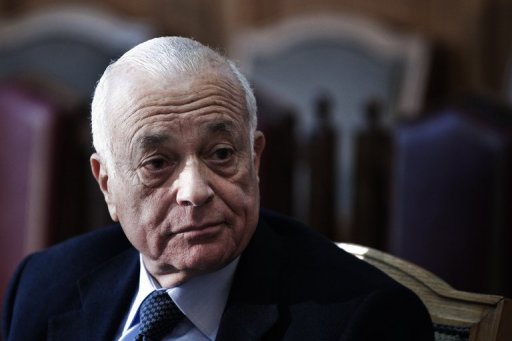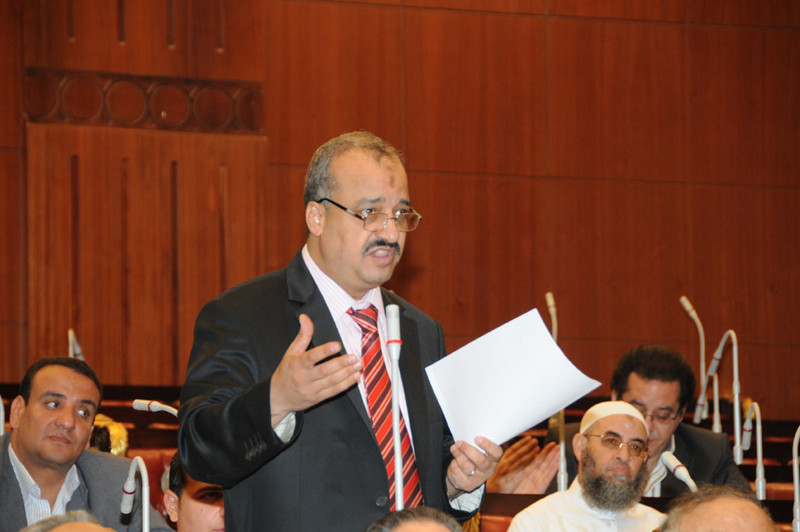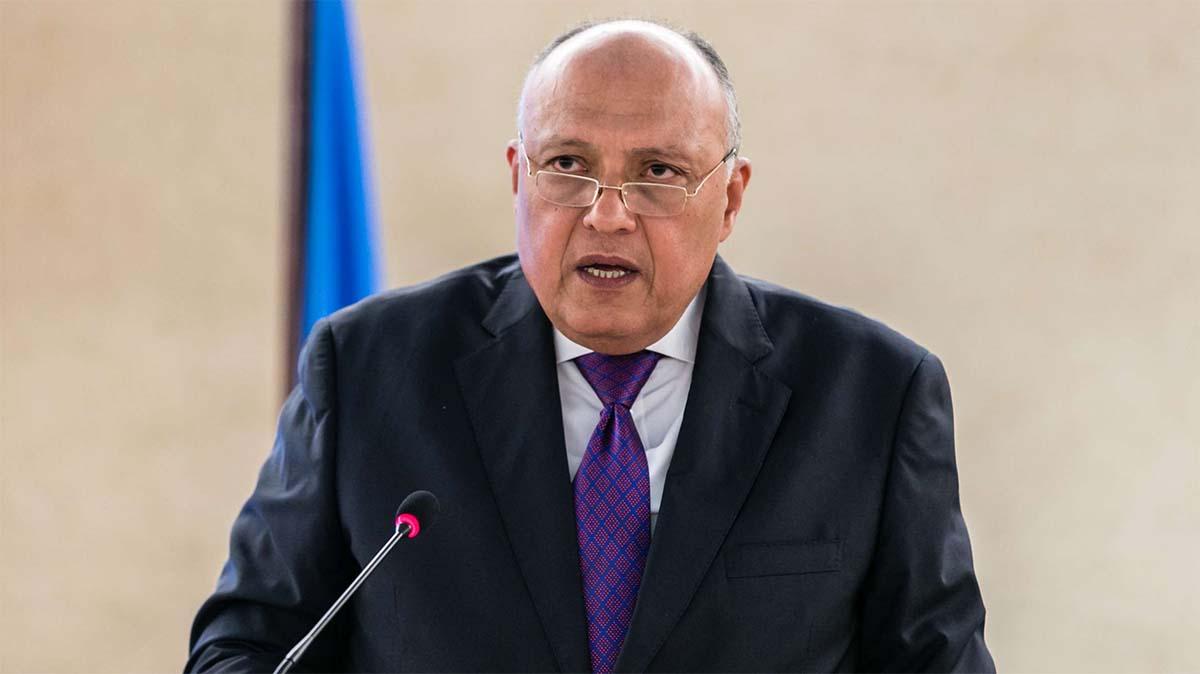The Middle East has long been a region where contradictions fuel conflict. It is a place where terrorism morphs into political authority with both regional and international consent. It is a battlefield for nuclear brinkmanship, where occupying powers and others pursue dangerous ambitions for weapons they may never dare to use. It holds nearly 40% of the world’s energy reserves, while wealthy nations depend on superpower protection to ensure their survival. This volatile mix provides endless justification for intervention, for redrawing borders, and for reinventing regional power structures under shifting global agendas. The latest chapter of this evolving story began on October 7, 2023, and has intensified with the twelve-day war between Israel and Iran. At the centre of this accelerating transformation stands a blunt truth: Israel is being prepared not merely as a stakeholder, but as the region’s official security enforcer and power broker.
What distinguishes this moment is not that the United States is grooming a proxy to police the region — Washington did so in the 1950s with the Shah of Iran after the ousting of nationalist leader Mohammad Mosaddegh. The difference now is that this is not a US design imposed on Israel — it is Israel’s own blueprint, carried out with Washington’s endorsement.
The evidence is no longer subtle. Just weeks ago, Admiral James Kilby, acting US Chief of Naval Operations, told Congress that America’s military operations in the Arabian Sea were rapidly depleting its arsenal at an unsustainable rate. Over a billion dollars’ worth of missiles had been launched against Houthi rebels, with three Super Hornet jets lost in three months — one due to friendly fire. Kilby’s message was calculated and unambiguous: while US interests in the Gulf and Middle East remain vital, the costs have become prohibitive. Perhaps it is time for a regional actor to shoulder that burden.
That actor is, unmistakably, Israel. US lawmakers are already moving in that direction. Following recent American strikes on Iranian assets, Congress proposed new legislation granting President Donald Trump authority to transfer advanced strategic weaponry to Tel Aviv — including the formidable B-2 stealth bomber and GBU-57 bunker-buster bombs, capable of destroying targets buried sixty metres underground. This is not routine arms support. It is about enabling Israel with autonomous deterrent capabilities, easing Washington’s political load regardless of who sits in the Oval Office.

The so-called “Bunker Buster Act,” backed by Democratic Congressman Josh Gottheimer and Republican Mike Lawler, seeks to give the president sweeping powers to ensure Israel’s readiness for any scenario should Iran advance its nuclear programme. If enacted, it would transform the Middle East’s military landscape. For Israel, the implications would be historic. Acquiring B-2 strategic bombers would allow Tel Aviv to enforce its long-held doctrine of “open skies” — ensuring uncontested air dominance from Lebanon to Iran via Syria and Iraq. This would not only disrupt supply lines to Hezbollah and Hamas but would also grant Israel a definitive military veto over any regional force aspiring to strategic parity.
Trump and Netanyahu are perfectly aligned in this vision. Their recent summit — the third in just six months — marked a turning point in US-Israeli relations. Trump saw in Israel’s role during the strikes on Iranian assets confirmation of Tel Aviv’s enduring strategic value. Notably, no global power — not even China or Russia — condemned the attacks. This silence was telling, reinforcing deterrence and giving Trump a window to advance a Middle East order grounded in preemption and militarised regional policing.
At the core of the Trump-Netanyahu dialogue was a pragmatic and unapologetic vision for the region: to contain Iran’s nuclear ambitions through a binding deal that curbs its regional influence; to stabilise Syria under pro-Western — or at least anti-Iranian — leadership; to integrate defence systems and economic corridors under an expanded Abraham Accords framework; to marginalise Chinese influence through deeper military ties with Gulf states; and to preserve Israel’s absolute military and technological edge.
For Israel, the immediate challenge is not competing with Gulf states for investments or high-level visits. Its real dilemma lies in defining its role within this emerging order while avoiding premature confrontations. Historically, Israel has operated as Washington’s indispensable regional asset, equipped with one of the world’s most advanced military machines, backed by extensive Western intelligence networks. In contrast, even the wealthiest Gulf states — led by Saudi Arabia — remain militarily vulnerable, a condition unlikely to change despite multi-billion-dollar arms purchases.
Within this emerging structure, Israel is positioned to become the frontline executor of US interests — at least until tensions ease and Iran’s nuclear file is closed. To solidify this role, Israel must progress along three tracks: maintaining its independent military superiority, now bolstered by the proposed B-2 transfer; pursuing pragmatic relations with regional powers like Turkey to prevent destabilising flare-ups; and embedding itself within new regional economic frameworks by leveraging its unmatched technological base.
Yet none of this is inevitable. History consistently reminds us that no geopolitical vision, however heavily armed, is immune to resistance. The region’s future will hinge on whether its nations possess the resolve, strategic cohesion, and unity to challenge this vision — before Israel secures uncontested authority over the Middle East’s airspace, politics, and resources. The clock, however, is ticking.
Dr. Hatem Sadek, Professor at Helwan University




